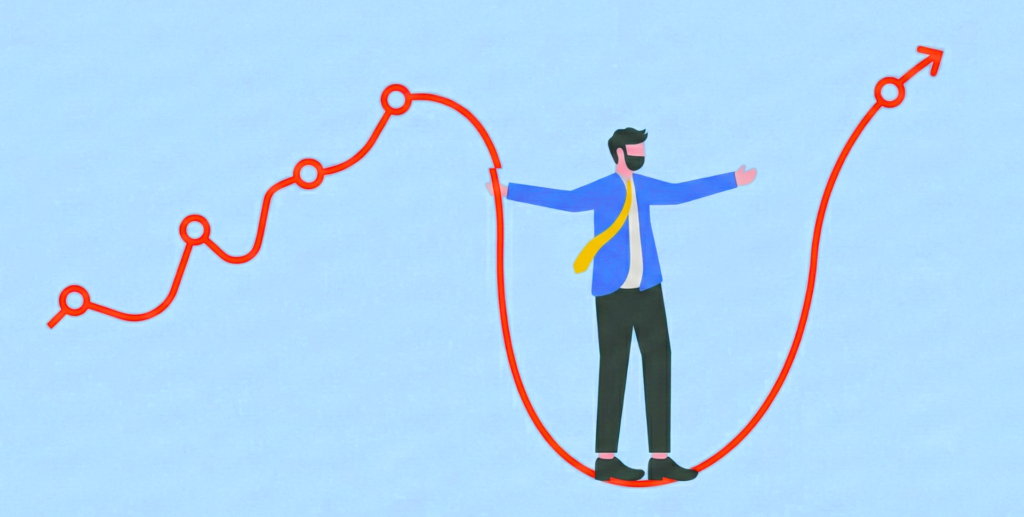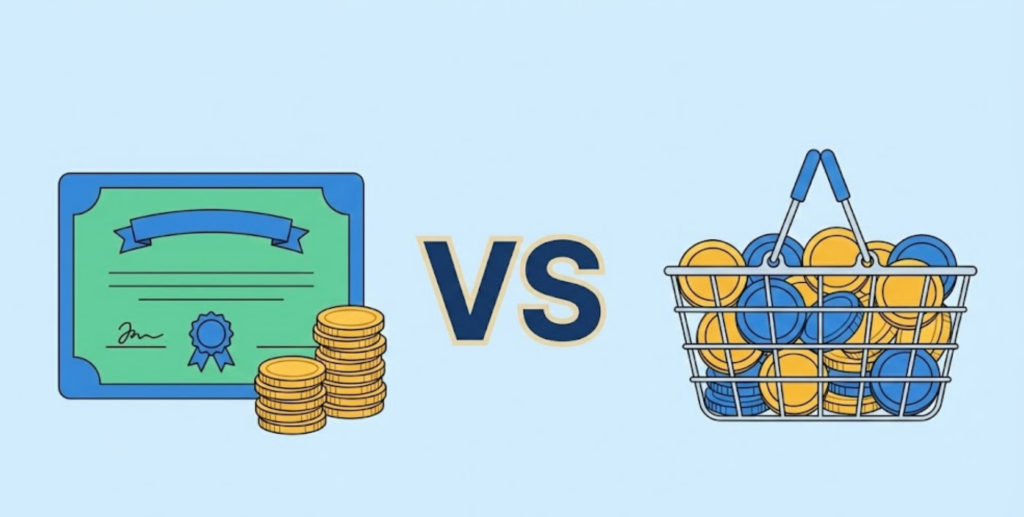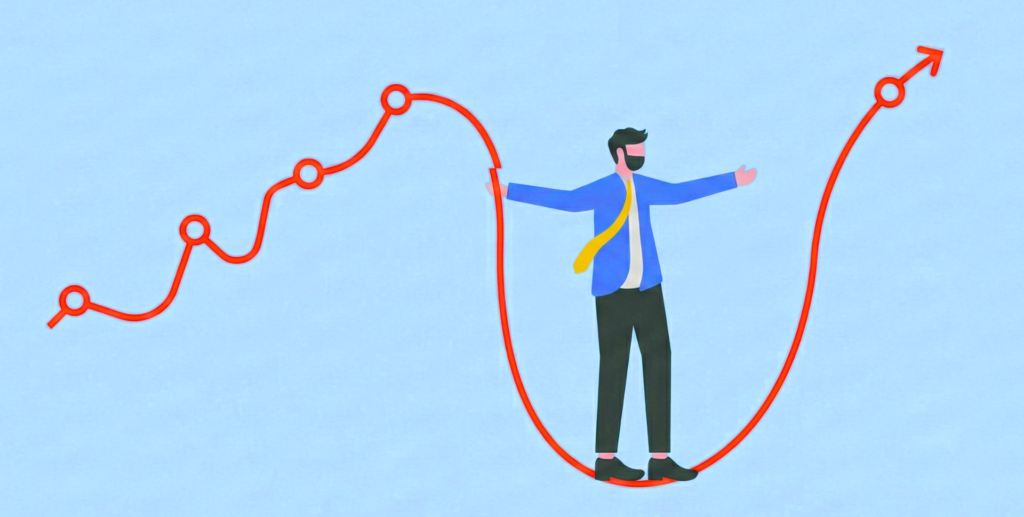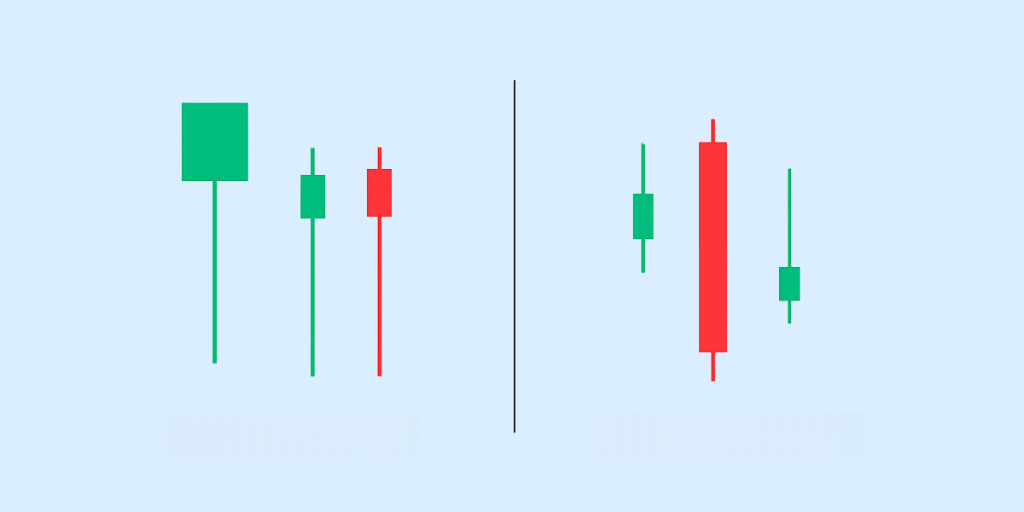Quick Summary
These are India’s best textile firms for 2026:
Arvind Ltd – Global leader in denim and woven fabric manufacturing
Vardhman Textiles – Large yarn and fabric manufacturer with export capability
Welspun India – Home textile market leader with global retail customers
Raymond Ltd – Famed for high-end suiting and apparel brands
Trident Group – A Conglomerate textile giant dominating towels and bedsheets
KPR Mill – Vertically integrated garment and yarn manufacturing player
Grasim Industries (Aditya Birla Group) – Fibre and yarn major
Why It Matters: Fueled by India’s strong cotton production, increasing global demand, and initiatives such as PLI and MITRA parks from the government, these players are spearheading the growth of India’s textile industry as global sourcing destinations.
Top 10 Textile Stocks in 2026
With strong domestic and global demand, textile stocks continue to show promising performance. In this table, we’ll highlight the top textile companies in India by market capitalisation, giving you a closer look at the best textile stocks in India that impact the sector.
| Stock Name (₹) | Market Cap (₹) | P/E Ratio | EPS (₹) | 52 Week High (₹) | 52 Week Low (₹) |
|---|---|---|---|---|---|
| Arvind Limited | 93,496,281,019 | 23 | 15 | 404 | 275 |
| Vardhman Textiles | 137,705,832,685 | 17 | 28 | 540 | 361 |
| Welspun Living | 134,001,600,000 | 29 | 5 | 155 | 105 |
| Raymond | 26,181,328,221 | 0 | 822 | 784 | 361 |
| Trident Limited | 134,008,437,512 | 33 | 1 | 35 | 23 |
| KPR Mill | 298,813,715,552 | 35 | 25 | 1,389 | 756 |
| Alok Industries | 75,819,217,072 | – | -1 | 24 | 14 |
| Himatsingka Seide | 13,697,097,884 | 14 | 8 | 169 | 94 |
| Nitin Spinners | 18,288,365,313 | 11 | 30 | 425 | 291 |
| Page Industries | 372,427,719,300 | 49 | 685 | 50,590 | 31,740 |
Detailed Insights on Top Textile Companies in India
There are many investment opportunities, whether you’re interested in apparel, home textiles, or yarn production. The following companies stand out regarding market presence, growth potential, and innovative practices. Here’s a closer look at some of the top textile companies in India that are making waves in the industry.
1. Arvind Limited
Arvind Limited is one of India’s largest integrated textile manufacturers, strongly emphasising denim and lifestyle products. The company is known for its high-quality fabric production and expansion into retail, offering a wide range of clothing, including denim, shirts, and more. Arvind’s focus on export growth and a robust domestic presence has helped it secure a strong foothold in the market.
- Market Cap: ₹5,200 Cr
- Focused on export growth opportunities.
- Strong domestic retail presence.
- Diversified product portfolio with denim and lifestyle products.
2. Vardhman Textiles
Vardhman Textiles is one of the top textile manufacturers in India, specialising in yarns, fabrics, and garments. The company has created a reputation for producing high-quality textiles serving domestic and international markets. Vardhman has established itself as a key player in the global textile industry, driven by its focus on premium yarn manufacturing.
- Market Cap: ₹7,800 Cr
- Consistent revenue growth with rising global demand for yarns.
- Leading position in high-quality textile production.
3. Welspun Living
Welspun Living is a global leader in home textiles, known for supplying to major international retail chains. The company produces various products, including bed linens, towels, and other home textiles, all driven by a commitment to quality and innovation. Welspun has also adopted sustainable textile practices, aligning with global trends towards eco-friendly products.
- Market Cap: ₹16,380 Cr
- Strong export-driven demand in home textiles.
- Focus on sustainable product innovation.
4. Raymond
Raymond is a household name in India, especially known for its premium fabrics and suits. Over the years, the company has diversified its business interests, extending its reach to real estate and apparel. Raymond’s brand strength and steady market expansion into ready-to-wear segments continue to fuel its growth.
- Market Cap: ₹11,500 Cr
- Strong brand equity in premium fabrics.
- Growth was driven by expansion into ready-to-wear apparel.
5. Trident Limited
Trident Limited is a vertically integrated textile company specialising in home textiles and paper manufacturing. The company has shown robust financial growth, largely driven by its strong export business. Trident is also focused on sustainable manufacturing practices, which are expected to drive further growth in the long term.
- Market Cap: ₹22,000 Cr
- Strong expansion plans in sustainable manufacturing.
- Positive financial outlook supported by home textile exports.
6. KPR Mill
KPR Mill focuses on yarn manufacturing, knitted fabrics, and ready-made garments. The company is strategically positioned to serve domestic and international markets, making it an important player in the textile industry. KPR’s wide-ranging product portfolio and strong export capabilities give it an edge in retail and wholesale markets.
- Market Cap: ₹12,300 Cr
- Strong domestic and international market presence.
- Growth is driven by demand for knitted fabrics and garments.
7. Alok Industries
Alok Industries offers various textile products, including polyester yarns, apparel fabrics, and home textiles. The company has seen a recovery in its operations under new management and is well-positioned for long-term growth. Alok has leveraged its diversified portfolio to serve various textile market segments.
- Market Cap: ₹2,100 Cr
- Recovery under new management, signalling the growth potential.
- Diversified range of textile products across multiple segments.
8. Himatsingka Seide
Himatsingka Seide is a niche player in silk and blended fabrics, with a strong presence in premium and luxury textiles. The company has a significant share of the high-end international markets, offering bed linens and upholstery fabrics. Himatsingka is focused on growing its export markets, making it an attractive option for investors.
- Market Cap: ₹4,500 Cr
- Strong luxury segment presence.
- Export growth is driven by high-end international demand.
9. Nitin Spinners
Nitin Spinners specialises in cotton yarn manufacturing and caters to domestic and international markets. The company has benefited from a rise in the demand for cotton yarns, positioning it as a growing player in the textile industry. Nitin Spinners continues to expand its presence, serving a global client base.
- Market Cap: ₹3,000 Cr
- Rising global demand for cotton yarns.
- Steady growth trajectory supported by domestic and international markets.
10. Page Industries
Page Industries is the exclusive licensee for Jockey and Speedo brands in India, dominating the premium innerwear and activewear market. The company has built a strong reputation for its products, backed by consistent revenue growth and profitability. Page Industries remains a favourite among investors and has a solid presence in the premium segments.
- Market Cap: ₹45,000 Cr
- Dominates the premium innerwear market.
- Consistent revenue and profitability growth from strong brand loyalty.
Benefits of Investing in Textile Stocks
Investing in textile stocks offers a range of benefits, driven by strong market demand, government support, and a diverse range of products. Here are some key advantages of investing in textile industry shares.
High Export Potential
As one of the world’s largest textile exporters, the industry benefits from growing demand in international markets, especially in the U.S., Europe, and the Middle East. India’s leadership in textiles—spanning apparel, home textiles, and technical textiles—supports long-term export growth. For investors, this means that textile stocks in India could see consistent growth as the demand for Indian-made textiles increases worldwide.
Domestic Consumption Growth
As disposable incomes rise and urbanisation accelerates, consumers increasingly invest in quality and branded products. This shift is boosting demand for various textile products, including garments, bed linens, and other home furnishings.
Companies that cater to this growing demand are well-positioned to benefit, making the best textile stocks in India a potentially profitable investment choice as the domestic market continues to expand.
Government Support
The Indian government has implemented several policies to support the textile sector, including the Production-Linked Incentive (PLI) scheme. This initiative aims to increase manufacturing output by offering financial incentives to companies in the textile sector, making it an attractive option for investors.
Additionally, export subsidies make Indian textile products more competitive globally. These policies create a favourable environment for growth, benefiting both established companies and newer players in the market.
Diversified Applications
The textile industry in India is not limited to clothing and apparel. Textile companies also serve a variety of other industries, including industrial textiles (used in manufacturing and construction), medical textiles (for healthcare products), and home furnishings (like bed linens and curtains).
This diversification helps reduce risks, as the demand in each segment can vary, providing stability for active companies in multiple markets. Investing in textile industry shares allows you to tap into different growth sectors, which can be advantageous when market conditions fluctuate.
How to Invest in Textile Stocks
Investing in textile stocks can be a rewarding strategy, but it’s important to approach it with careful planning. Follow these steps to make informed decisions and build a solid investment in the textile sector.
Step 1: Open an Account on Appreciate
Start by opening an account on Appreciate, a reliable trading app designed to help you invest in textile stocks. The app provides a user-friendly interface where you can track stocks in real-time, make quick trades, and get access to relevant financial information. With Appreciate, you can watch the best textile stocks and execute your investment plans smoothly.
Step 2: Research Company Fundamentals
Before investing, take the time to understand the fundamentals of the textile companies you’re interested in. Focus on their growth potential, as well as factors like export revenue and government incentives.
The Indian government has launched various programs, such as the Production-Linked Incentive (PLI) scheme, to promote growth in the textile industry. Companies benefiting from these programs are more likely to see increased profitability. Also, look at factors like revenue growth, market share, and financial stability.
Step 3: Diversify Your Investments
To reduce risk, it’s important to diversify your investments across different segments of the textile sector. Invest in a mix of major players in the industry—those with a large market share—and niche manufacturers that may offer higher growth potential. Niche companies can sometimes outperform larger players, especially with strong innovation or unique product offerings.
Step 4: Monitor Global Trade Dynamics
Monitor global trade trends, as they directly affect the textile industry. Factors like trade agreements, tariffs, and demand from international markets can impact textile exports and profitability. A strong export market can drive revenue growth for textile companies, making it essential to stay updated on global trade dynamics.
Lump-Sum vs SIP Approach
When investing in textile stocks, you can choose between a Lump-Sum Investment or a Systematic Investment Plan (SIP).
- Lump-sum investment involves investing a large amount at once. This strategy works well if you believe in the long-term growth potential of the textile industry. However, it carries more risk if the market experiences short-term fluctuations.
- Systematic Investment Plan (SIP) allows you to invest a fixed amount regularly. This approach helps spread your investment over time, reducing the risk of market volatility. It’s a great option for long-term growth and consistent investment without having to time the market.
The Bottom Line
The textile sector in India presents significant investment opportunities, supported by growing domestic consumption and robust export demand. With policies like the PLI scheme and increasing global recognition of Indian textiles, the industry is poised for sustainable growth.
Beyond the Indian market, US textile stocks also offer diversification opportunities. The US textile industry focuses on advanced manufacturing technologies, sustainability, and high-quality exports. Investing in both Indian and US textile companies can help you build a globally diversified portfolio, reducing risks while maximising returns.
With Appreciate, you can seamlessly invest in top US textile companies through a user-friendly platform. The app provides expert insights, real-time updates, and features like fractional investing, allowing you to start your journey with as little as ₹1.
FAQs About Top Textile Companies in India
Which is the best textile company in India?
The best textile company in India depends on your investment goals. However, Arvind Limited, Vardhman Textiles, and Raymond are considered top textile companies in India due to their market leadership, strong growth potential, and diversified product offerings.
What are the top 10 textile stocks in India?
Some of the top textile stocks in India include:
- Arvind Limited
- Vardhman Textiles
- Raymond
- Welspun Living
- Trident Limited
- KPR Mill
- Alok Industries
- Himatsingka Seide
- Nitin Spinners
- Page Industries.
What is the future of textile stocks in India?
The future of textile stocks in India looks promising, driven by increased export demand, a focus on sustainability, and the growth of the domestic retail market. Companies that innovate with eco-friendly products and maintain a strong international market presence are expected to perform well in the coming years.
Which textile company is best for long-term investment?
For long-term investment, Raymond, Vardhman Textiles, and Page Industries are among the best textile stocks in India. These companies have a strong track record, brand equity, and diversified portfolios, making them resilient in the long run.
Disclaimer: Investments in securities markets are subject to market risks. Read all the related documents carefully before investing. The securities quoted are exemplary and are not recommendatory.























